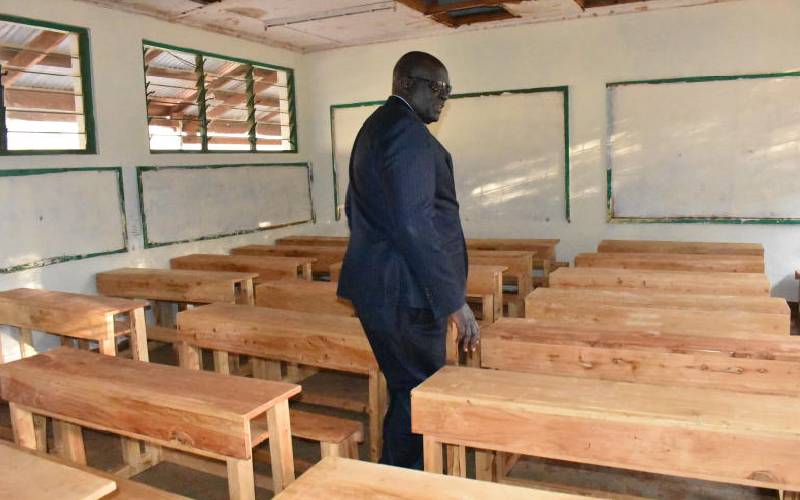
No one has issued a public mea culpa to satisfy our conscience as a grieving nation to the tragedy that befell Talent Academy in Dagoretti South Constituency, Nairobi, where eight innocent lives were lost while scores sustained injuries. The macabre incident is an indictment on our pell-mell approach to issues concerning the poor in society.
Immediately the disaster struck, the response was predictable. Every time disaster strikes, the line Cabinet Secretary and senior ministry officials in tow, dash to the scene, breathe fire and brimstone upon lesser mortals and recommend the arrest of a few people before organising a crackdown on related institutions or bodies.